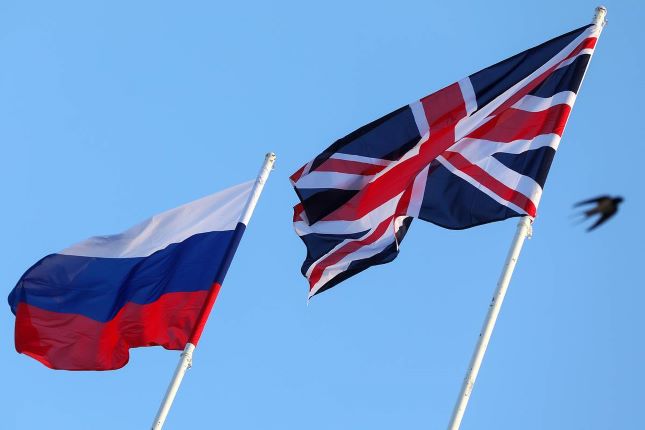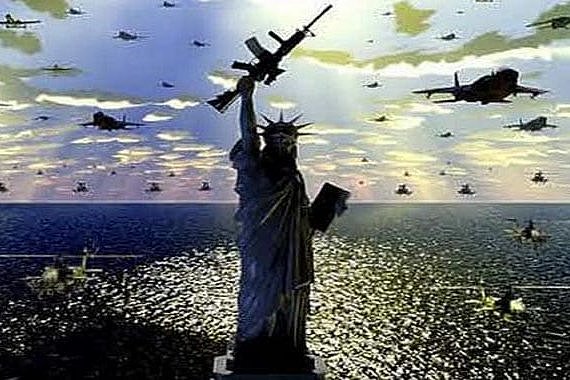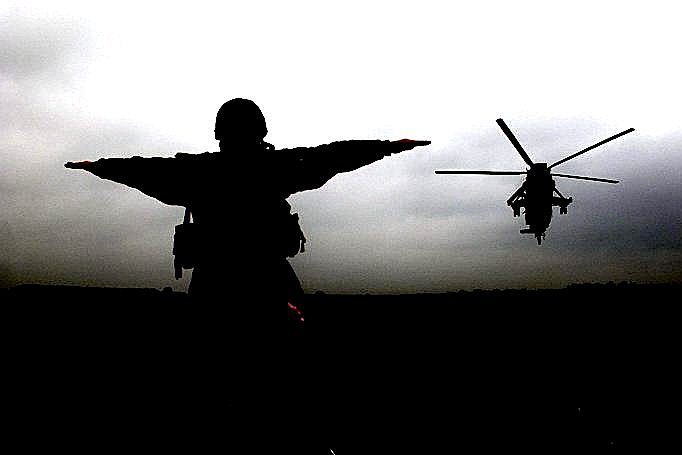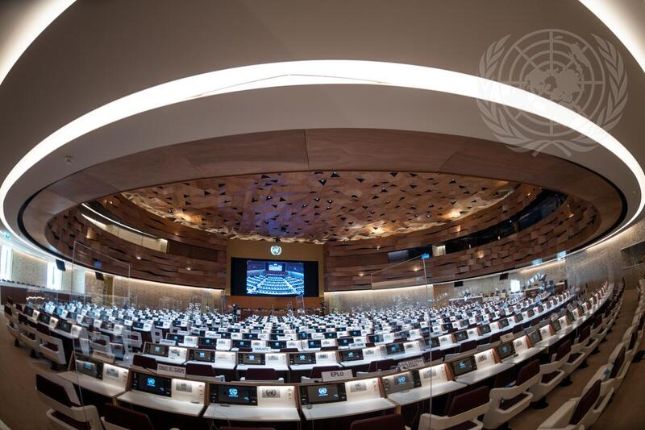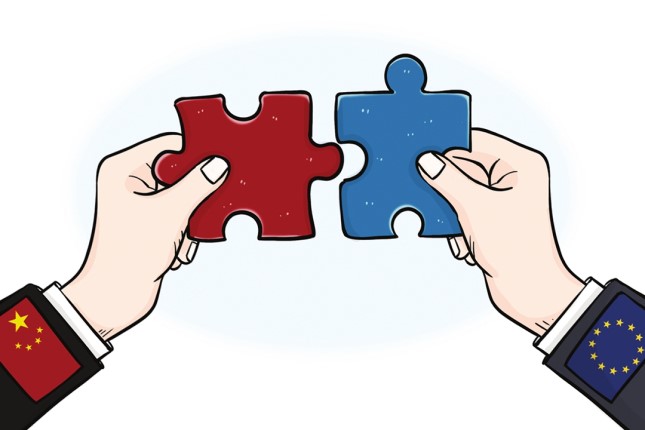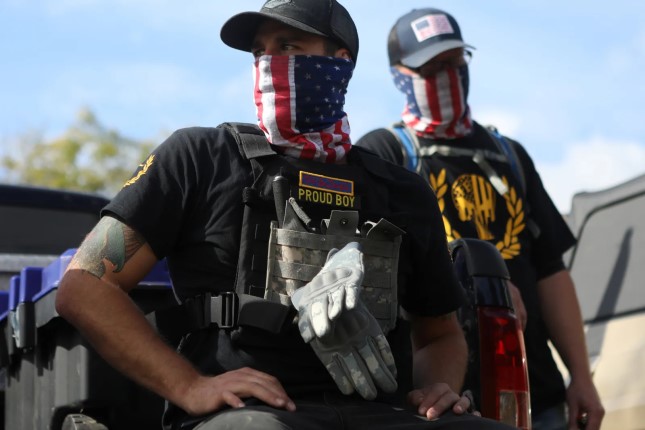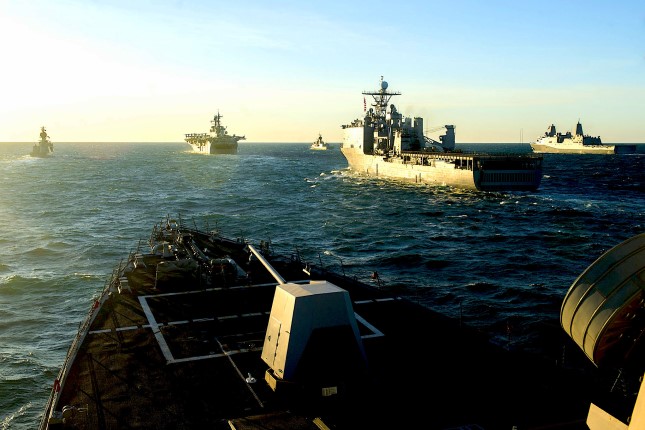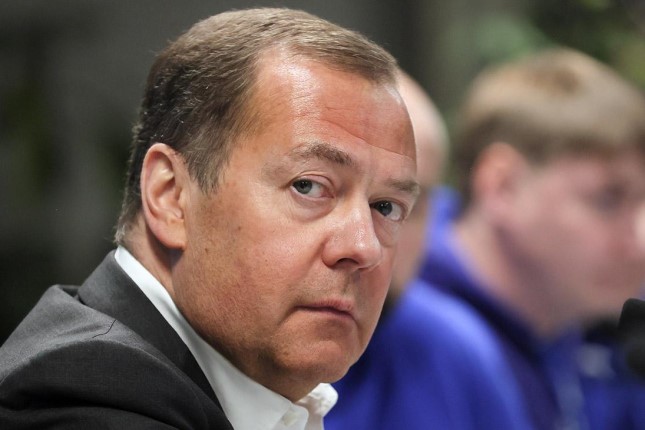On July 4, 2022, Amnesty International UK, the London-based non-governmental organisation, accused Uzbekistan of covering up and blocking information regarding the latest developments in the Republic of Karakalpakstan. “We are concerned that the Uzbekistani authorities are resorting to their usual tactics of silencing critical voices and blocking information, including through a newly-declared state of emergency”, said Marie Struthers, Amnesty International’s Eastern Europe and Central Asia Director.
According to Marie Struthers, Amnesty International received reports that human rights defenders critical of the authorities had been detained and were at risk of torture and other ill-treatment. Yet, the information blockade made it virtually impossible to verify those reports independently. The accusation was made one week after street protests in Nukus, the capital of Karakalpakstan, subsided following a number of concessions made by the Uzbek government to stabilise the situation in the region as a whole.
Amnesty International's statement and the ongoing discussion of the Karakalpakstan issue in mass media indicate that attempts to stoke tension in Uzbekistan and neighbouring Kazakhstan will continue. However, Britain's efforts to promote a radical Islamist project to destabilise the Caspian region may backfire and lead Russia’s rapid military return to the Eastern Caspian Region.
On July 1, mass riots erupted in the Republic of Karakalpakstan, an autonomous region within Uzbekistan, over amendments to the constitution of Uzbekistan proposed by the central authorities in Tashkent. These amendments would have ended Karakalpakstan's autonomy and the republic's right to secede from Uzbekistan. The protests in Nukus had all the hallmarks of a typical "orange revolution": external media support, nationalistic lumpen "foot soldiers" from the countryside, competent management of riots by skilled professionals who were dressed differently and stood out from the crowd and finally, attempts to storm administrative buildings.
The Uzbek authorities responded to the protests swiftly and decisively. The police used force to suppress the riots, and president Shavkat Mirziyoyev flew to Nukus twice at the peak of the unrest to meet with local authorities and activists. As a result, the proposed constitutional amendments, which angered the Karakalpaks, were withdrawn. Certain personnel changes are on the cards, affecting local authorities in Nukus and some central officials based in Tashkent.
However compelling the Uzbek authorities have been at quelling the unrest in Karakalpakstan, what has been done cannot be undone. Before the protests, only a handful of Central Asia experts were aware that Karakalpakstan, an autonomous republic accounting for 40% of Uzbekistan’s territory, has the constitutional right to secede from Uzbekistan. For years the issue of separatism in Karakalpakstan was very low-key. However, things are entirely different now. Separatism has become part of the media agenda that will be used to play up the issue and put constant pressure on the Uzbek authorities from the outside. Media support was organised in line with "tried and tested how-to manuals" designed for specific target audiences and meant to generate media opportunities for the US State Department, Human Rights Watch and Amnesty International.
There is mounting evidence that Kazakhstan is also getting involved in these developments. First of all, The Karakalpaks are akin to the Kazakhs. On the one hand, the authorities of Kazakhstan have no interest in stirring up tension on their doorstep. On the other, the involvement of Kazakh nationalists, who are the core base of president Tokayev’s regime, will enable interested parties, primarily Britain, to take advantage of Kazakhstan’s political class to promote their agenda. During the July protests, media coverage of the conflict was provided not only by Karakalpak communities connected with local security services in the UK, the USA and Germany but it was also carried out from Kazakhstan.
Britain’s policy of whipping up separatist sentiments in Karakalpakstan fits into the West's overall strategy of creating "hot spots" around Russia so that simmering tension may escalate at any moment to drag Moscow into a standoff between conflicting parties. In addition, the Karakalpakstan case is in line with Britain's agenda in Central Asia. Its objective is to maintain a meaningful presence in the region while relying on local corrupt elites and Islamists who appear to play an active role in any Central Asian conflict.
Interestingly enough, in early July, Human Right Watch said that ISIS fighters in Afghanistan should be regarded as combatants, which underlines Britain’s policy of supporting and legitimising terrorists. Britain is also an important player in Kazakhstan: up to 15% of all foreign direct investment has come from the UK. Moreover, the Astana International Financial Center operates based on UK law.
The January Islamist coup in Kazakhstan was expected to trigger the rapid reformatting of the entire Central Asian region, but the plan failed and nearly resulted in Kazakhstan falling under the influence of Russia. So far, the West has prevented this from happening, but the need to create an "Islamist wing" is still there.
As distinct from Kazakhstan, Britain has failed to impose its style of play in Uzbekistan. Craig Murray, Her Majesty’s ambassador to Uzbekistan, was a primary reason for the failure. In the early 2000s, he broke diplomatic protocol and ruined relations with the host country’s elites. As if that were not enough, the British ambassador married a Tashkent nightclub dancer.
Now London intends to make another diplomatic attempt in the region by trying to create an Islamist belt in Karakalpakstan and South and West Kazakhstan. This would allow Britain to threaten Caspian oil fields and pipelines and provide a permanent source of instability in the most densely populated areas of Central Asia. Although the British are very good at playing such games, they are bound to fail again this time.
True enough, Karakalpakstan is a sparsely populated region that suffers from an environmental disaster as a result of the drainage of the Aral Sea. However, this area is crucial not only for Uzbekistan but also for Russia. Moscow cannot allow a major conflict in Central Asia to erupt. Karakalpakstan also has a vital role to play in the development of the entire region: a new canal across the Aral from the Volga to the Caspian Sea is expected to transform the economic landscape of Central Asia.
In case of necessity, Moscow has all the tools required for resolving the Karakalpakstan issue. It is worth remembering that at one point in the Soviet era Karakalpakstan was part of the Russian Socialist Republic, and the people of Karakalpakstan are still friendly toward Russia. Moreover, since 2005 Russia and the Republic of Uzbekistan have agreed on allied relations. Among other things, the agreement says that an attack on Uzbekistan is an attack on Russia.
